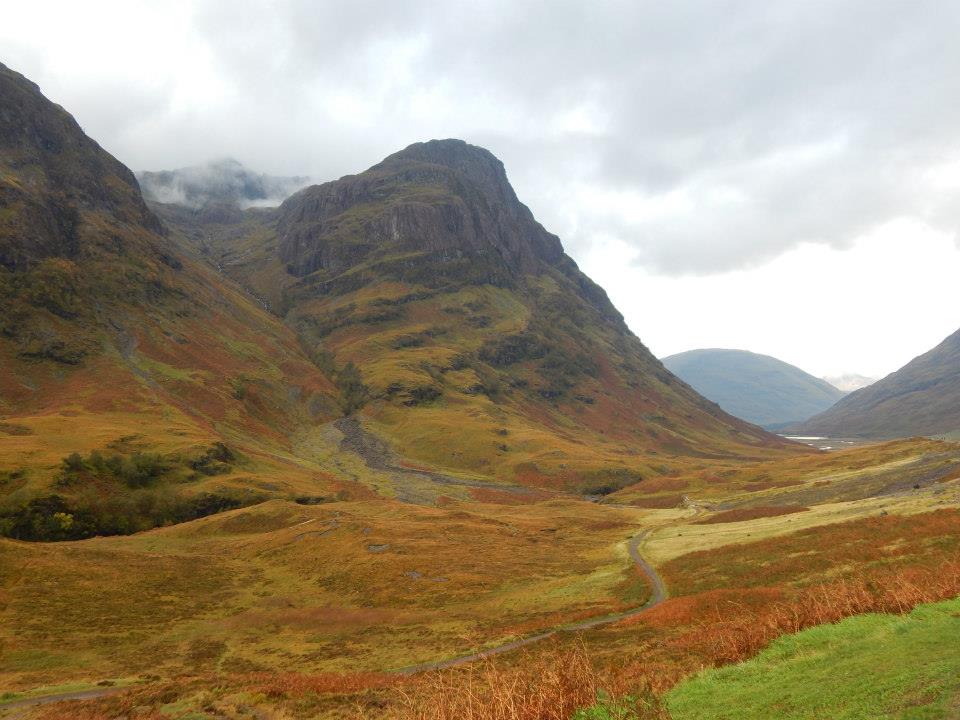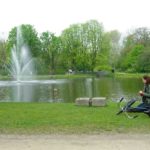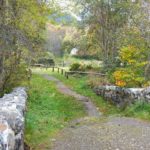
(TAN): Wild campers visiting the Scottish Highlands could be charged a ‘tourism tax’ from 2021, reports said.
Wild camping involves going into remote areas and camping outside of campsites. It is popular among wilderness backpackers, walkers, climbers and sea kayakers.
The proposal of introducing a transient visitor levy of GBP 1 (USD 1.31) per night was reportedly backed by the Highland Council after it was told it could generate up to GBP 10 million per year.
According to reports, the tax could be levied to tackle the increasing number of visitors in the region. If applied, funds raised from the tax will reportedly be used to improve public toilet facilities and motorhome waste disposal facilities so that visitors have a positive impression of the destination and want to return.
Known for its picturesque quality, Scotland’s Highlands draw millions of visitors every year who come to explore attractions such the Loch Ness, Loch Lomond, Glen Coe, Isle of Skye and Ben Nevis. In 2018, 6.5 million tourists reportedly visited the region. Tourism happens to be the important industry for the Highlands, supporting 25,000 odd jobs, reports said.
“We love tourists in the Highlands, and they spend millions here, but they don’t bring it to council, they bring it to business, and we have to do all the extra work, pick up the tab of public services,” Cromarty Firth councillor Maxine Smith was quoted by the Telegraph as saying.
[ALSO READ: Hyatt plans to expand global luxury portfolio by the end of 2020]
Highland Council reportedly consulted the public, with almost two-thirds or 65.1% of all respondents in favour of the levy. The greatest support came from residents, with over 75% of them agreeing with the tax. On the other hand, 47% of businesses supported the levy. Residents of the Scottish Highlands will not be required to pay the tax, reports said.
However, others were of the opinion that a tourist tax is not the correct way of handling an issue caused by flourishing tourism, reports said. In fact, they said it could hurt the industry.
Chief Executive of Inverness Chamber of Commerce, Stewart Nicol reportedly said they were disappointed with the decision.
“This sends out a potentially damaging message to visitors who wish to come to the Highlands but may now decide to go elsewhere. Imposing a local tax on visitors gives a clear statement that this area will be more expensive than others to visit,” he was quoted by the Daily Mail as saying.
“It will almost certainly influence where visitors will choose to stay and also be an additional layer of complexity to local taxation which could deter inward investment. The tourism sector is already facing unprecedented challenges with recruitment and retaining of skilled staff, a situation critically exacerbated by the prolonged and damaging uncertainty around Brexit. The sector has been under significant cost pressure in recent years, particularly around business rates. Regardless of how the levy is framed, this would act as a further unwelcome tax on this hard-pressed sector,” he added.
Edinburgh proposed a similar tourist tax to charge GBP 2 per person per night earlier this year. Scottish sustainable transport charity Transform Scotland recently backed the government’s plan after a survey showed residents were in favour of the Transient Visitor Levy.




